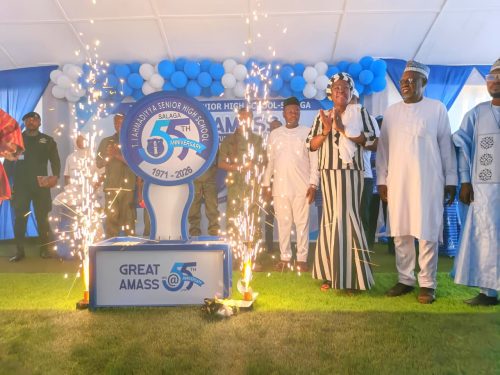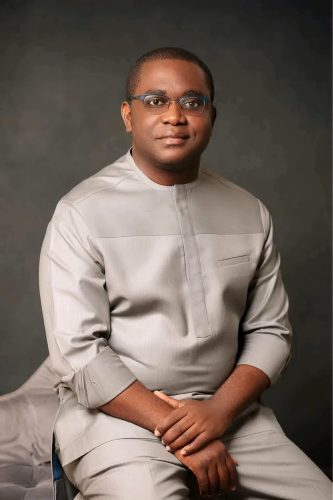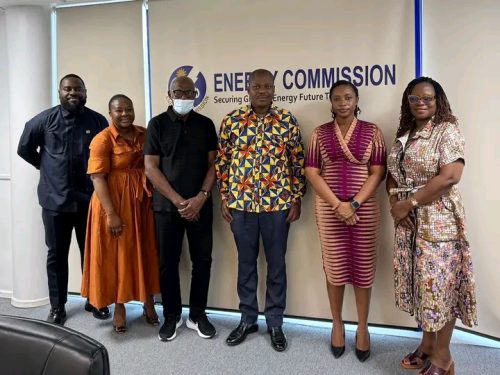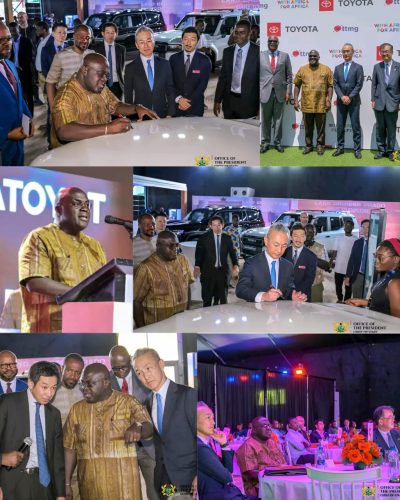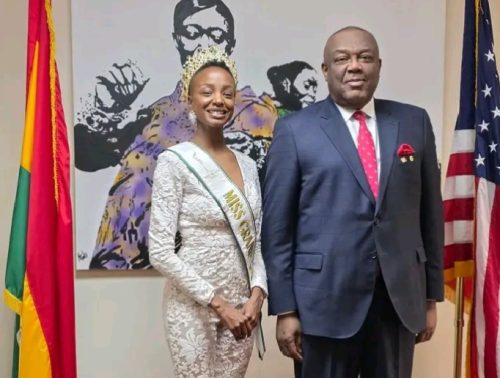
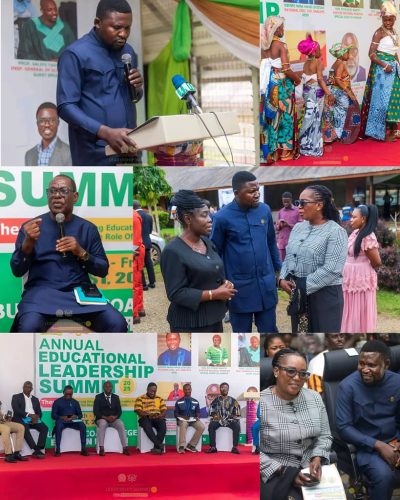
In a passionate and forward-looking address at the 2025 National Educational Leaders Summit, the Executive Director of the Ghana National Council of Private Schools (GNACOPS), Obenfo Nana Kwasi Gyetuah, delivered a stirring call to action: recognize private education not as a competitor, but as a cornerstone of Ghana’s educational future.
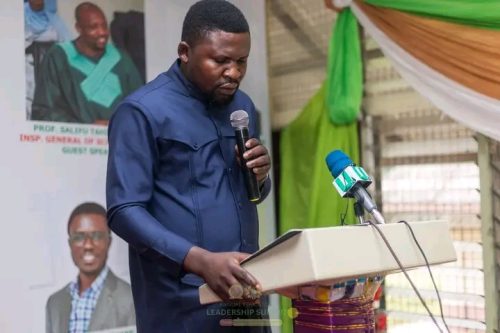
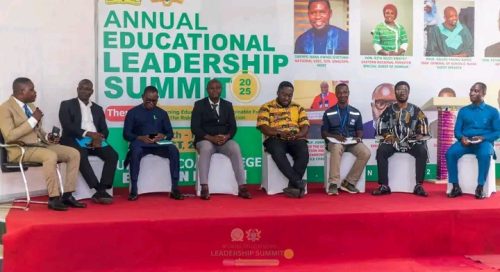
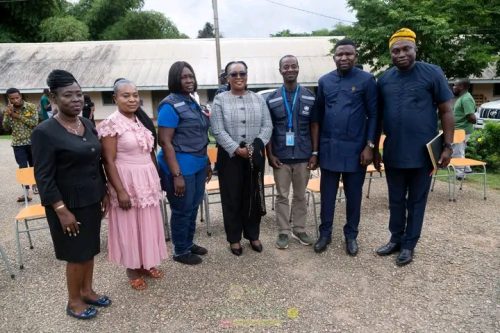
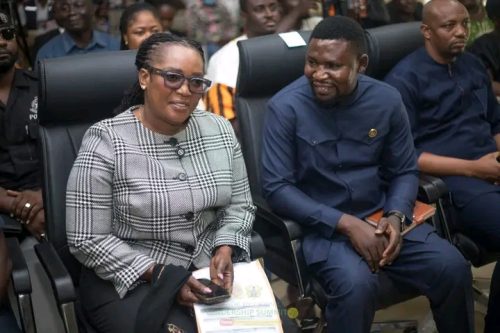
Speaking under the theme “Transforming Education for a Sustainable Future: The Role of Private Education,” Obenfo Gyetuah highlighted the critical role that private schools continue to play in bridging access gaps, innovating in pedagogy, and sustaining quality learning environments, especially in underserved areas.


“Private education is not competition, it is completion,” he declared.

“We fill the gaps, extend the reach, and uphold the standard of education for millions of Ghanaian children.”

Held at the historic Bunso Cocoa College in the Eastern Region, the summit drew high-profile participation from ministers of state, Members of Parliament, traditional leaders, school proprietors, and international development partners.


The event marked a significant moment for reimagining education delivery in Ghana.
A Defining Moment for Education Policy
Obenfo Gyetuah acknowledged the government’s recent policy shifts, including the inclusion of private schools in the pilot phase of the Free Senior High School (FSHS) policy, and GNACOPS’ expanded role in national governance boards such as the National Teaching Council (NTC) and the National Schools Inspectorate Authority (NaSIA).
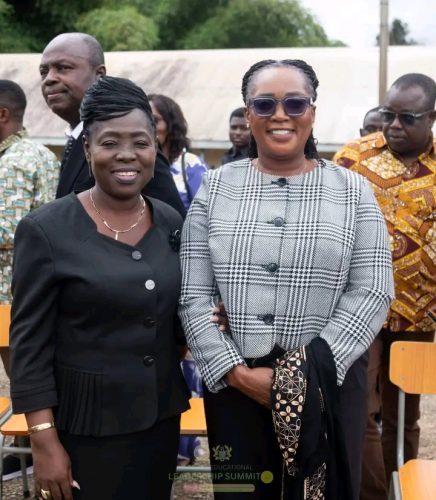
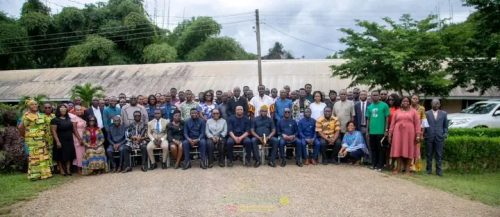
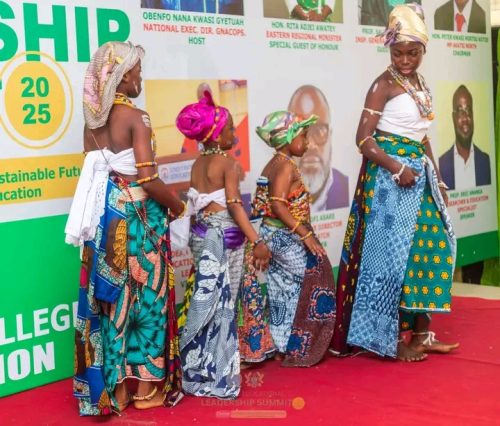
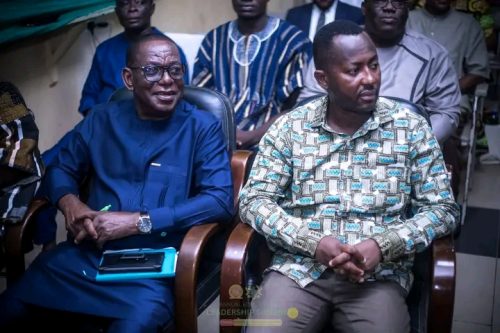
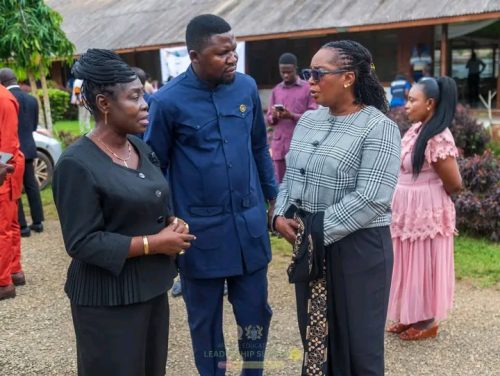
“These actions signal a progressive recognition that Ghana’s education system must leverage the full potential of all its providers, public and private alike,” he said.
Milestones and Initiatives
Reflecting on the past year, the GNACOPS leader outlined major achievements including:
- Digital learning expansions
- Professional development for teachers and administrators
- The launch of the GNACOPS Vehicle Supply Partnership, providing safe and affordable school transport
- Enhanced support for rural and low-income schools
He also unveiled an ambitious seven-unit operational framework to guide the future of private education. These units include:
- Policy Coordination and Development
- Educational Standards and Compliance
- Financial Sustainability and Support
- Curriculum Alignment and Development
- Research and Stakeholder Engagement
- Support Services and Advocacy
- Private Education Compliance and Ethics
Each unit is designed to ensure quality assurance, financial integrity, policy alignment, and stakeholder accountability.
A Call for Urgent Action
Gyetuah did not shy away from urging both government and development partners to move from recognition to equal partnership.
“Private schools are not mere beneficiaries. We are co-creators of solutions,” he emphasized.
“We must be included fully in funding mechanisms, policy design, and innovation platforms.”
He also rallied his fellow private school leaders to uphold excellence and ethical practices, stressing that “our credibility is the currency with which we can influence the future.”
Closing With Vision
Ending on a powerful note, Gyetuah reminded attendees that the transformation of Ghana’s education system is already underway—and the stakes are generational.
“Let us leave this summit not only inspired but energized; not only motivated but mobilized—ready to act with urgency and purpose. For when private education thrives, Ghana thrives.”
Source; www.leakyghana.com

Enock Akonnor is an experienced Ghanaian journalist, based in Kumasi and currently serves as the CEO and Managing Editor of www.leakyghana.com.
With a wealth of expertise built over many years in the media industry, he has earned a solid reputation as one of Ghana’s most sought-after journalists.
Contact:
📞 +233 541 921 562
✉️ enockakonnor2013@gmail.com





